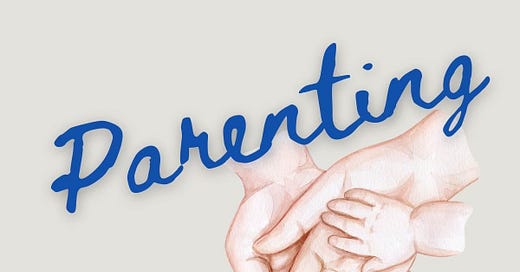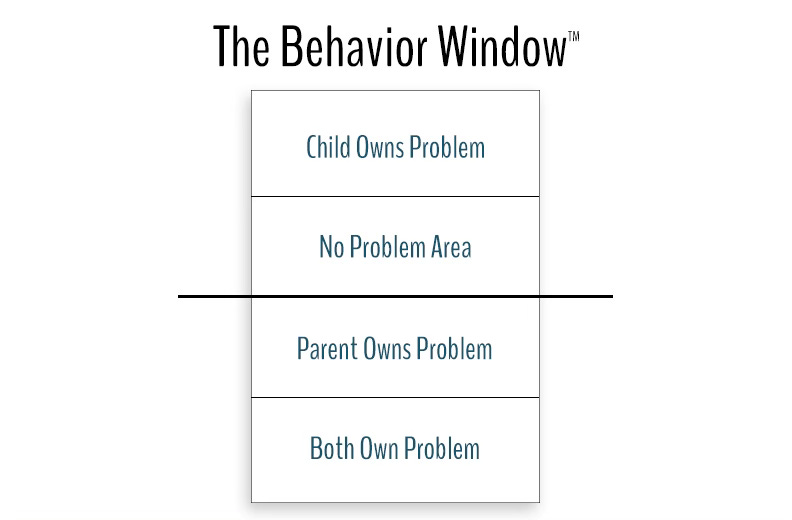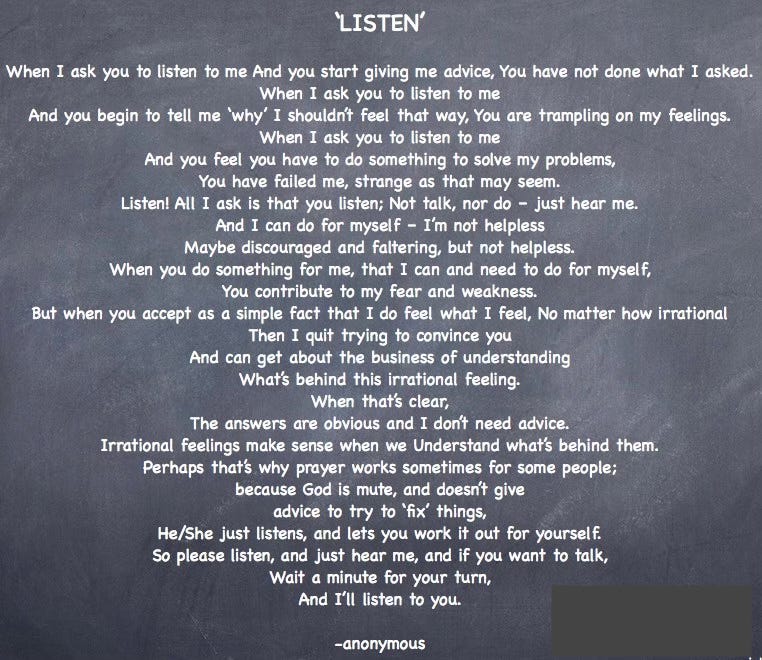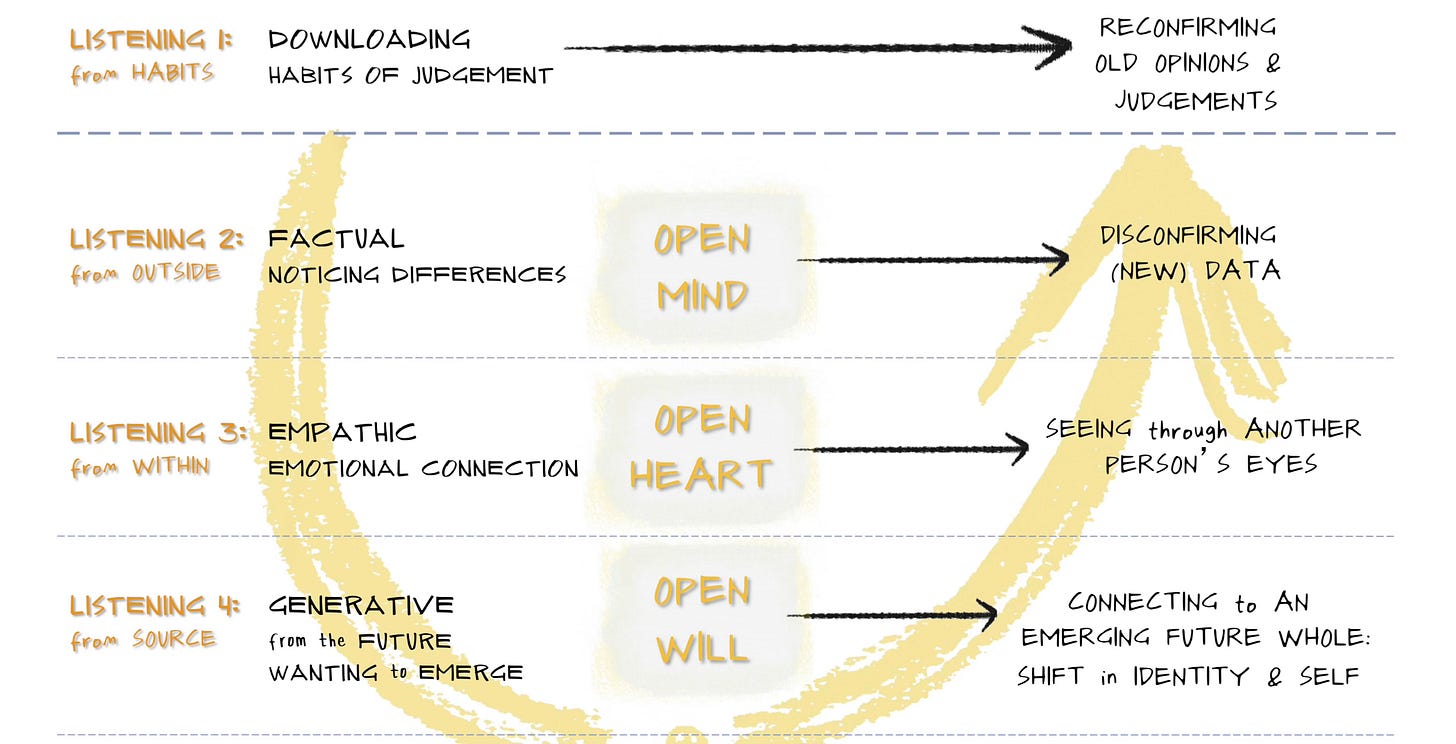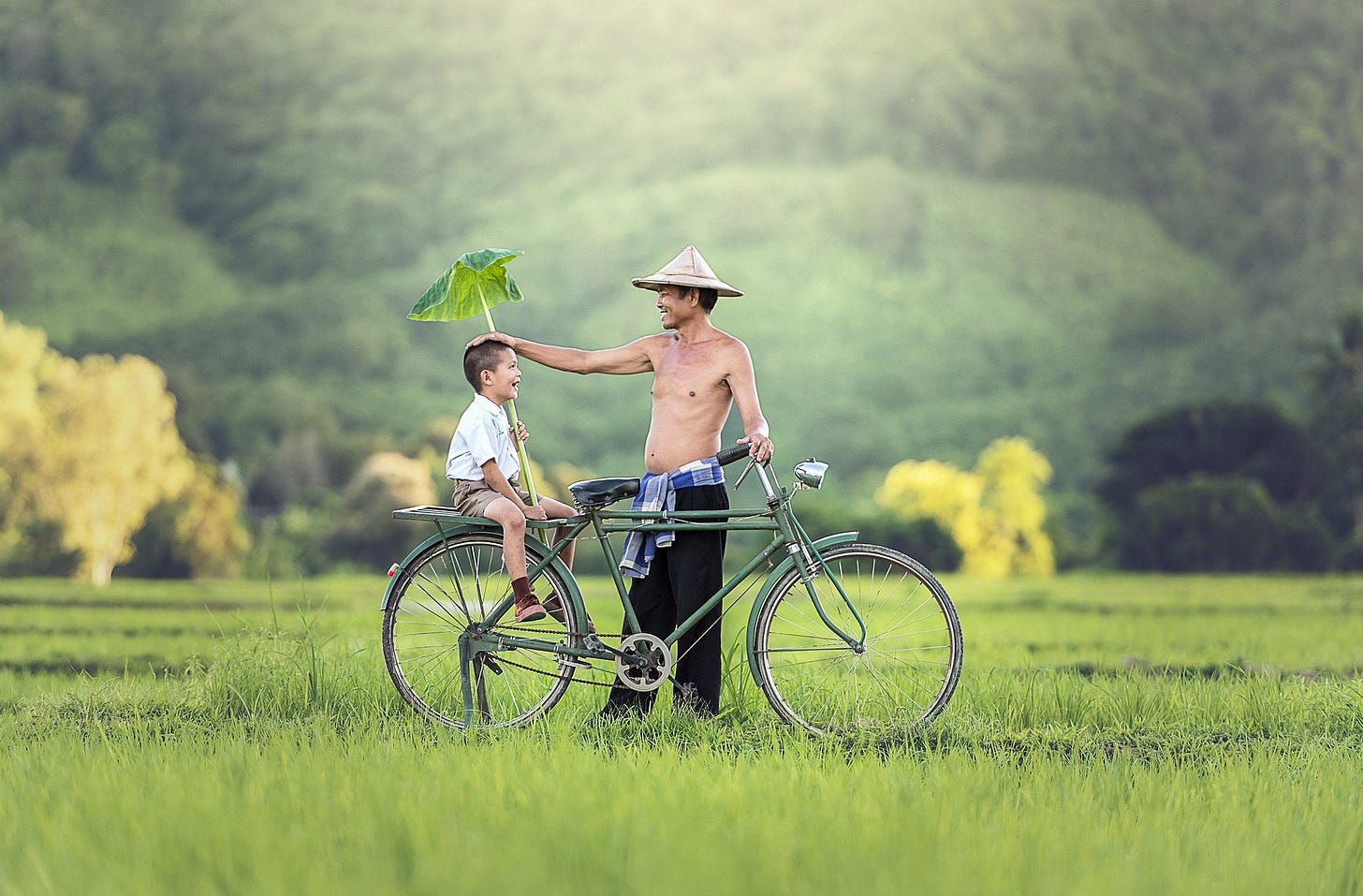This one took me a very long time to put to ‘paper’ and it seemed that for each part of this topic I had to go through a clearing and healing myself, with realisations about mistakes I surely made as a parent. I’ll just let this stand here as is, without justifying, excusing, denying, defending. Maybe as an invite to you to be as open as possible, practice ‘radical acceptance’, extend words and thoughts of debate with whoever needs to hear them and, if you are planning to become a parent yourself I have that little glimmer of hope that there will be something to take away from here.
I wonder what world we would create if from this moment onwards all pregnancies were conscious choices, made from love, with subsequent natural childbirth, and childhood alongside parents who will have given the following article a thought or two?
Maybe some of you will want to let me know in the comment section?
A book I recently finished reading is Gabor Maté’s “Hold on to your kids” and if there were one book (or audiobook) that I’d recommend it would be this one. If you have been through ‘moments of disbelief’ with your own children, a communication break-down, acts of disrespect or outright lies, staring at closed doors hoping that “mainly good stuff was happening behind those doors”, seeing school grades tumbling etc etc… you get the gist here: please do read the book.
Maté uses the term ‘peer orientation’ - exacerbated by screen time, stacked on top of an already unsafe ‘attachment’ to the parent(s). His chapters on ‘bidding for connection’, on how to repair a broken attachment, how to get back into rapport with your child, starting with a non-verbal eye contact to receive an opening, a permission to do so: again, please read the book.
Should you? Would it motivate you that e.g. latest surveys showed that some Ivy League universities now prefer to intake home-schooled children. John Ryder, admin at Stanford University says: “They (home schooled children) bring skills, motivation, curiosity and capacity to be responsible.”
It certainly has to do with the fact that up to age 7 our learning almost exclusively happens through experiencing life through the other - traditionally the mother or father.
On the other hand in countries where for example children are placed in child care from a very early stage (as young as a few months, in some cases) we might have to ask about the correlation with the increase in suicide rates (peer pressure being mentioned many times, in case of a Japanese study). A lack of safe, secure attachment’s consequence can be formation of cults, sects, gangs.
Suzanne Tucker and her project “Generation Mindful” in a recent parenting conference featured Dr Shefali who invites us to “move from right or wrong to curiosity”:
Pause
Notice
Be curious
Name it, feel it, heal it. She recommends “Time in” instead of “Time out”. Again, it requires practice, see earlier Gabor Maté’s process to reconnect, bidding for attention or in other words, my words: make sure you get permission (non verbal mostly) to try and repair.
Dr Shefali states that “How we treat the child is how we treat ourselves” and every parenting voice I’ve come across so far points out that we need a lot of self-awareness and uncover our own childhood (I’ll be writing, and presenting workshops on “finding a home for your inner child”). If even now you notice some ‘pain’ coming up, consider it a gift because it is taking you right onto the path of healing.
Earlier in this article I mention some factors that you may be experiencing as a parent and, of course, some of it I experienced myself. It lead me onto a whole new path of learning, eventually re-training, onto a journey that will probably unfold in new and exciting ways each day.
At the time I was living in Hong Kong and it just so happened that my friend and neighbour took me along to a “Parenting” training, namely Thomas Gordon’s PET (Parent Effectiveness Training) and it was one of those key moments in life that had a big impact on my life. For this article here I will focus on 2 topics that stood out most in that training:
Problem Ownership and
Listening
Let’s start with ‘problem ownership’, because it is a very good place to start in a conflict situation. The question to ask is: “Who owns a problem here?” And before putting any road blocks (shaming, blaming, placating …) into the window, find ways to verbalise this (see also Marshall Rosenberg’s “Making a request” NVC). Most importantly it makes you begin to look at the situation from a new, wider perspective and quite likely notice your own role in this situation.
In the 20min video Marshall Rosenberg points to the difference between a request and a demand (using his famous giraffe and jackal hand puppets) and the notion behind the request to ‘only do so if you will do this with the joy of a little child feeding a hungry duck - and not out of guilt, shame or fear or not being loved.’
Next let’s look at the concept of ‘Listening’, which was then (and now) so in my face that I framed it over and over again, put it on cupboard doors, fridge-magnet-ed it etc.
Ever thought about ‘listening’ in this way?
It wasn’t until 20 years later that I came across the skill of ‘listening’ again, this time in Otto Scharmer’s ULab leadership training at MIT. He describes the four levels of listening in this 8min video. It is a brilliant exercise to keep tap on your own listening levels throughout the day, but even just taking a path of checking your listening levels, questioning, correcting, endeavouring another way, will be a great step in the right direction ! It is like Scharmer says, the single most underrated quality in a (…..). Fill the blank (leader, manager, president, trainer, colleague, parent, teacher etc etc)
Here’s an image from the same training module - still, please do watch the full video if you can.
Moving on and moving INTO the family system and who comes to my mind with this topic is Bert Hellinger and his family constellation work. There was/is a series on an online movie provider, the series is called “Another Self” and gives you an easy way to watch and find a way into this work.
In the context of our topic here, there is one rule in ‘Family Constellation’ (Bert Hellinger): The parent is big, the child is small.
You see this rule broken after tragedies, wars, diseases, accidents, addictions etc where suddenly the child has to take on the role of the grown-up.
The topic of parenting nearly seamlessly moves into education and leadership and there will be articles in the future dedicated just to those topics. To start concluding this article here, I want to mention another person here: Peter Gray and his emphasis on the importance of PLAY and the correlation between play and learning. He points to a child’s most needed skills being creativity, ability to ask unique questions, taking initiative, ability to rebound, bounce back from diversity. Gray also says: “If a child says he/she is bored, let them! Boredom stirs the soul!”
Jean-Jacques Rousseau (philosopher and writer) describes the role of the parent being the ‘buffer between the child and society’ so this might explain the higher cortisol levels in children that are out of reach of the safely attached parent and seems to be confirmed in a study with over 1000 kids in the US which found that “the more in childcare, the more aggression at home and at school.” Gabor Maté stipulates that aggression and disobedience are the legacy of peer orientation and that through the introduction of smart phones the child’s peers are available 24/7 on the various apps they are using.
So let’s remind ourselves that we humans are being ‘programmed’ in the first 7 years of our lives, while our brain is in hypnotic theta/alpha state. Neurons are constantly being created by the hippocampus and ‘atrophy’ when they are not engaged in an effortful learning experience within a week of their creation.
We must at this point for many reasons also remember how previous - and divine - we as humans are, and my guess is that for the majority of people we are only beginning to understand this!
On a hormonal level we must also remember - and this very much falls into the discussion about gender identity - that at age 9 -10 years our adrenals glands release DHEAS, a so-to-say pretype of testosterone and estrogen and that this stage still ‘asexual’. It is in this phase of a child that character traits are formed, honesty vs liar, courageous vs fearful, optimistic vs pessimistic etc. Rudolf Steiner calls this ‘The point of no return’ or ‘rubicon’, let’s just say it is an enormously important threshold in a person’s development. It is a phase of introspection, finding oneself and it might just need a whole lot more peaceful, loving care than our children nowadays are getting.
Until next time,
Barbara


